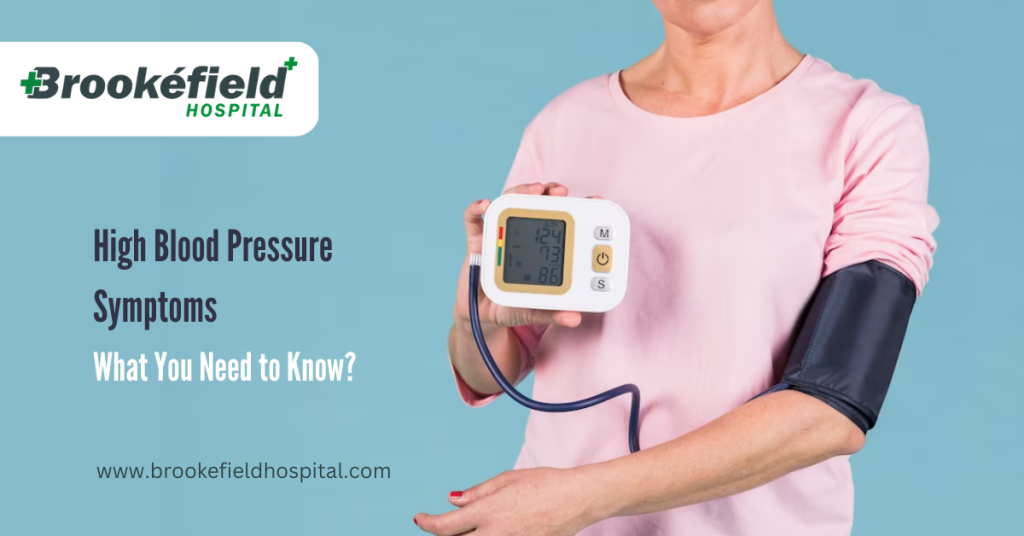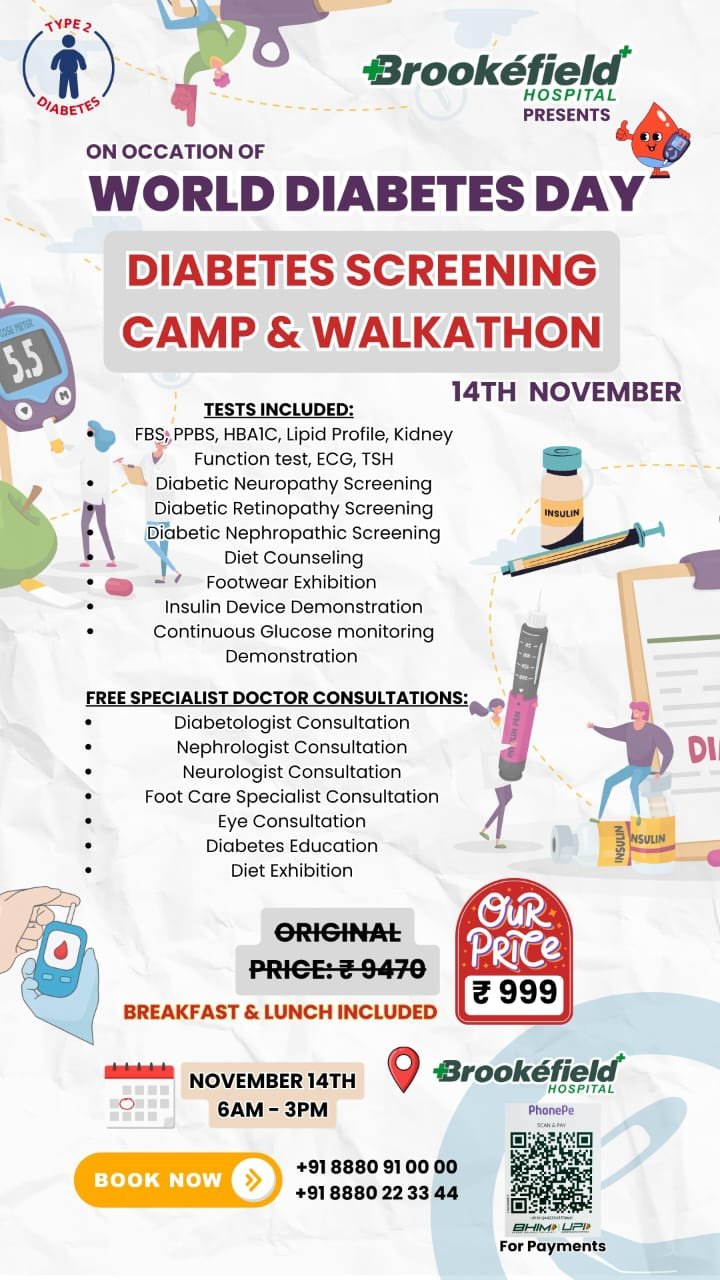High Blood Pressure Symptoms: High blood pressure, also known as hypertension, is a condition that affects millions of people around the world. It can be caused by a variety of factors, including genetics, lifestyle habits, and underlying health conditions. In this article, we’ll explore the symptoms of high blood pressure and what you can do to manage this condition.
Understanding High Blood Pressure
Before diving into the symptoms of high blood pressure, it’s important to understand what this condition is and how it affects your body. Blood pressure is the measure of the force of blood against the walls of your arteries as your heart pumps blood throughout your body. High blood pressure occurs when this force is consistently too high, which can cause damage to your arteries and increase your risk of heart disease, stroke, and other health complications.
5 Common High Blood Pressure Symptoms
High blood pressure is often called the “silent killer” because it often has no noticeable symptoms. In fact, many people with high blood pressure don’t know they have it until they experience a serious health complication. However, there are some common symptoms that may indicate you have high blood pressure, including:
1. Headaches
One of the most common symptoms of high blood pressure is headaches, particularly those that occur in the morning. These headaches can be dull or throbbing and may be accompanied by other symptoms such as nausea and vomiting.
2. Dizziness and lightheadedness
Feeling dizzy or lightheaded can be a sign of high blood pressure, particularly if these symptoms occur when standing up from a sitting or lying position.
3. Blurred vision
High blood pressure can cause damage to the blood vessels in your eyes, leading to blurred vision or even vision loss.
4. Chest pain and difficulty breathing
In some cases, high blood pressure can cause chest pain or discomfort, as well as difficulty breathing.
5. Fatigue and weakness
If you feel constantly tired or weak, it could be a sign of high blood pressure. This is because high blood pressure can make your heart work harder, which can lead to fatigue and weakness over time.
When to See a Doctor For High Blood Pressure Symptoms
If you experience any of the symptoms listed above, it’s important to see a doctor as soon as possible. However, keep in mind that many people with high blood pressure don’t experience any symptoms at all. That’s why it’s important to have your blood pressure checked regularly, especially if you have risk factors for high blood pressure such as a family history of the condition, obesity, or a sedentary lifestyle.
Managing High Blood Pressure
If you are diagnosed with high blood pressure, there are several things you can do to manage the condition and reduce your risk of complications. These include:
Making lifestyle changes
Lifestyle changes such as losing weight, eating a healthy diet, reducing salt intake, and getting regular exercise can all help to lower your blood pressure.
Taking medication
In some cases, medication may be necessary to manage high blood pressure. Your doctor may prescribe medications such as diuretics, ACE inhibitors, or beta-blockers to help lower your blood pressure.
Monitoring your blood pressure
Regular monitoring of your blood pressure is essential for managing high blood pressure. Your doctor may recommend that you check your blood pressure at home using a blood pressure monitor, or you may need to visit your doctor’s office for regular check-ups.
Conclusion: High Blood Pressure Symptoms
High blood pressure is a serious condition that can increase your risk of heart disease, stroke, and other health complications. While it often has no noticeable symptoms, there are some common signs that may indicate you have high blood pressure. If you experience any of these symptoms or have risk factors for high blood pressure, it’s important to see a doctor as soon as possible. By making lifestyle changes, taking medication, and monitoring your blood pressure regularly, you can manage this condition and reduce your risk of complications.
FAQs: High Blood Pressure Symptoms
- What is considered high blood pressure?
Blood pressure is measured using two numbers: systolic pressure (the top number) and diastolic pressure (the bottom number). A reading of 130/80 mmHg or higher is considered high blood pressure.
- Can high blood pressure be cured?
High blood pressure cannot be cured, but it can be managed with lifestyle changes and medication.
- Who is at risk for high blood pressure?
Anyone can develop high blood pressure, but certain factors can increase your risk, including a family history of the condition, obesity, a sedentary lifestyle, and a diet high in salt.
- Can stress cause high blood pressure?
While stress is not a direct cause of high blood pressure, it can contribute to the development of the condition in some people.
- Can I lower my blood pressure without medication?
Lifestyle changes such as losing weight, eating a healthy diet, and getting regular exercise can all help to lower your blood pressure. In some cases, these changes may be enough to manage the condition without medication.
In conclusion, high blood pressure is a common condition that can have serious health consequences if left untreated. While it often has no noticeable symptoms, there are some signs to look out for, including headaches, dizziness, blurred vision, chest pain, and fatigue. If you experience any of these symptoms or have risk factors for high blood pressure, it’s important to see a doctor as soon as possible. By making lifestyle changes, taking medication, and monitoring your blood pressure regularly, you can manage this condition and reduce your risk of complications.
Also Read: What is Chronic Heart Failure?




